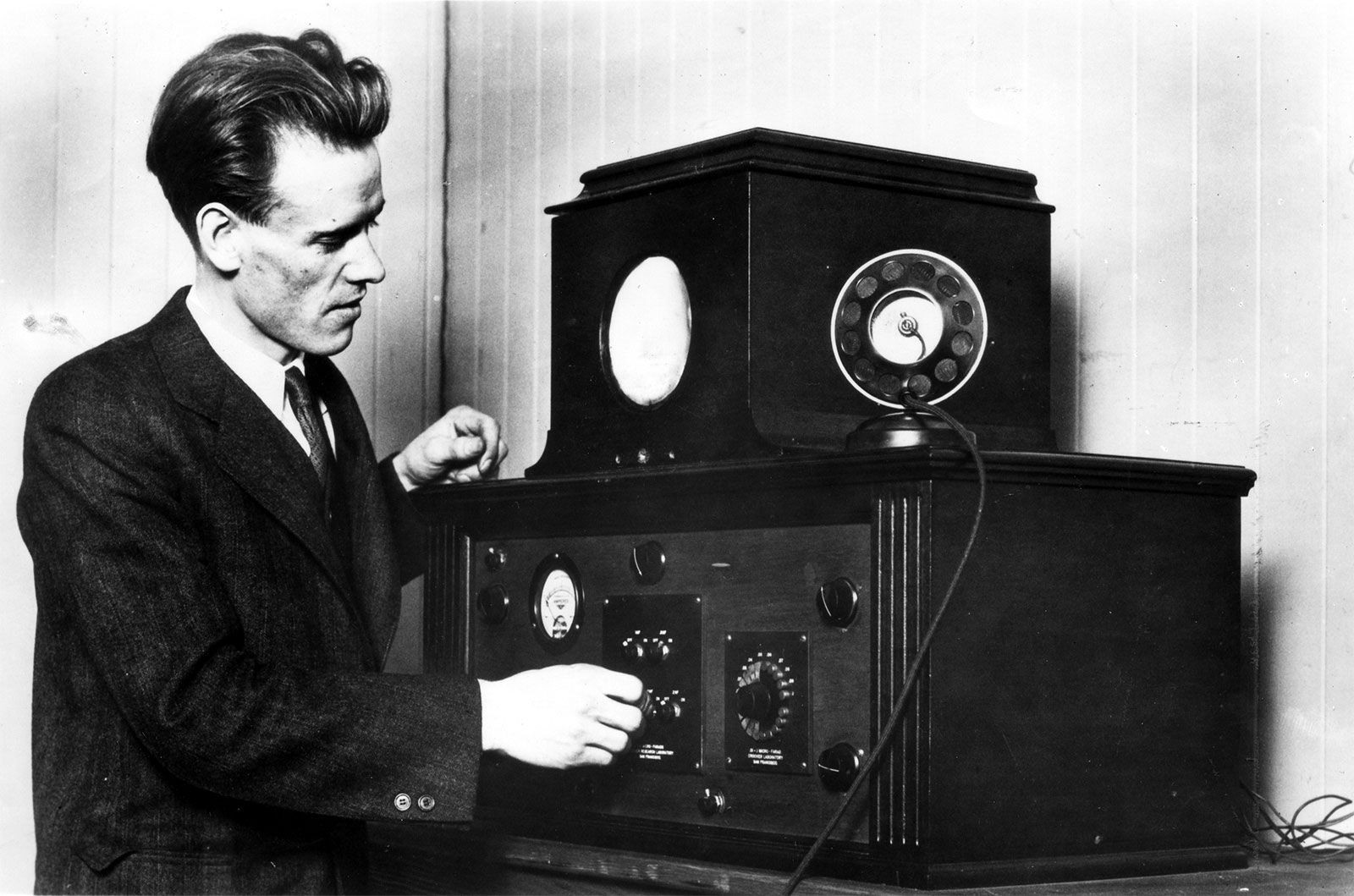
Who Invented the First Television?
Philo Farnsworth, an American inventor born in 1906, is widely credited with inventing the first fully electronic television system. From a young age, Farnsworth displayed a remarkable aptitude for technology. As a teenager, his fascination with science magazines sparked an interest in the then-nascent field of television.
Early Life and the Genesis of Electronic Television
Farnsworth recognized early on the limitations of mechanical television systems, which relied on spinning discs to capture and display images. He believed these systems were inherently too slow to produce clear, moving pictures. He envisioned a purely electronic solution, a concept he developed by the age of 16 in 1922.
While a student at Brigham Young University, Farnsworth continued to refine his ideas. Unfortunately, personal tragedy struck with the death of his father, forcing him to leave school and support his family. This temporarily delayed his groundbreaking work on television.
The First Electronic Television Transmission
By 1926, Farnsworth secured financial backing and resumed his research in Los Angeles. On September 7, 1927, he achieved a historic milestone: the first successful transmission of an electronic television image. This achievement was quickly followed by a patent application, solidifying his claim as the inventor of electronic television.
A year later, in 1928, Farnsworth gave the first public demonstration of his invention to the press. This event marked a turning point in the history of television, showcasing the potential of electronic technology to revolutionize communication and entertainment.
Competition and Legal Battles
Farnsworth’s invention attracted the attention of major corporations, including the Radio Corporation of America (RCA), led by Vladimir Zworykin. While Zworykin’s receiver was more advanced, Farnsworth’s camera tube, the image dissector, was superior. Despite RCA’s attempts to acquire Farnsworth’s patents, he refused their offers and continued to develop his technology independently.
The ensuing years were marked by protracted legal battles between Farnsworth and RCA over patent rights. Ultimately, in 1939, RCA acknowledged Farnsworth’s crucial contributions and agreed to pay him royalties.
Later Years and Legacy
The intense pressure of his work and the legal battles took a toll on Farnsworth’s health. He suffered a nervous breakdown in 1939 and shifted his focus to other endeavors, including war-related production during World War II and nuclear fusion research.
Although Farnsworth’s company, Farnsworth Television and Radio, produced television sets, it struggled financially and was eventually acquired by IT&T. While he continued to contribute to research, his role in the burgeoning television industry diminished. He dedicated his later years to developing a fusion reactor, but funding cuts hampered his progress.
Philo Farnsworth died in 1971, leaving behind a legacy that continues to shape the modern world. His pioneering work on electronic television laid the foundation for an industry that has transformed global communication, entertainment, and culture. He is undeniably the answer to the question: who invented the first television? His innovative spirit and unwavering belief in his vision revolutionized how we experience the world.








